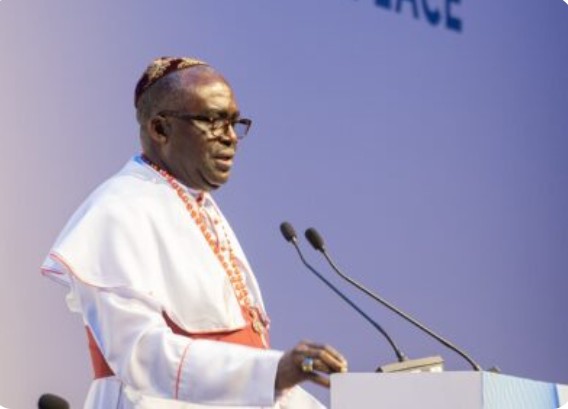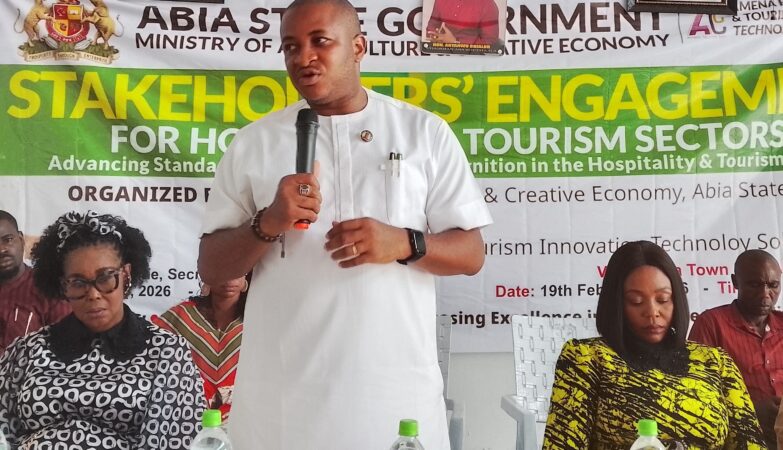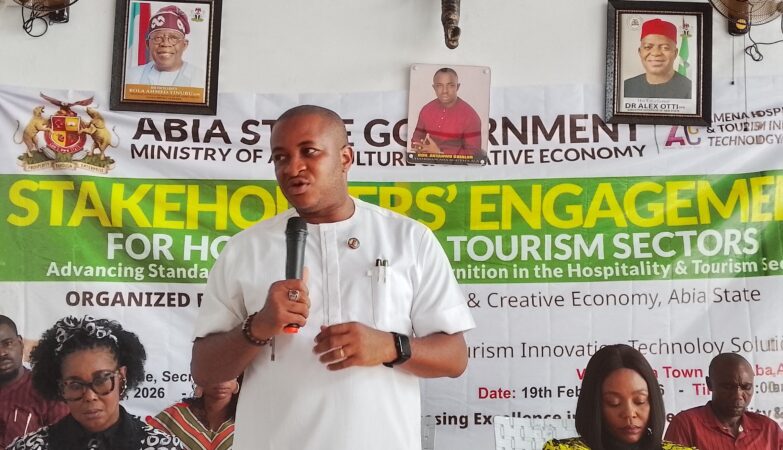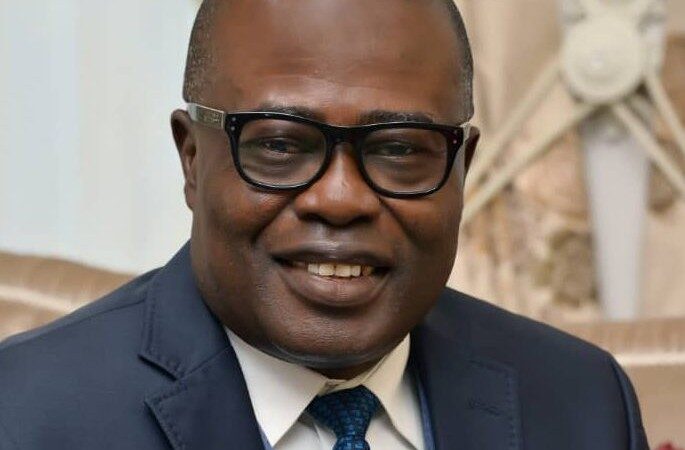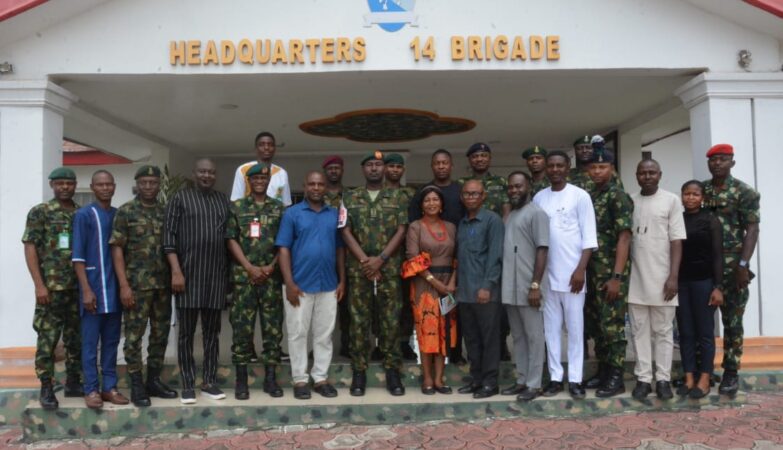The President, Vision Africa international, Bishop Dr Sunday Ndukwo Onuoha has called for a global society where, irrespective of race, gender, religion, or geographical location, people have adaptive opportunities at the table to co-create peace.
Bishop Onuoha made the call during the Global Peace Foundation’s signature, Global Peace Convention (GPC-2023), based in Manila, the Philippines, on the theme “One Family under God: Vision for National Transformation and a Civilization of Peace,”.
According to him, if the globe must get to the future they seek, every sincere attempt at creating an impactful National, transformational change must work at diminishing social and economic classes or divides, acknowledge the uniqueness of the world’s sociocultural formations and formulate peace-building.

He maintained that strategically, addressing the peculiarities, intentionally engineer Human civilization towards a Civilization of Peace and not a ‘civilization of war’ adding that the globe intentionality about transformational change should aim at sustainable development.
Speaking further, Bishop Onuoha insisted that such development must meet the needs of the present, without compromising the ability of future generations to meet their needs’, improve collaborative planning and collective action among actors on multiple levels, as well as adopt new collaborative approaches that recognize global resource constraints.
The cleric also noted that civilizational confrontations have expanded the spectrum of war into advanced military technologies, nuclear and biological weapons, rather than peaceful co-existence.
The Methodist Bishop equally observed that world governments claim to allow freedom of conscience, but withhold freedom of religion, where peace is enforced by suppression but no promise of security, where they tokenize gendered participation but claim support for Women’s Leadership and economic empowerment.

Bishop Sunday Onuoha therefore opined that in the context of promoting peace and unity, National transformation starts with you and I.
He dropped very important questions by asking, “What emphasis have we, as individuals placed on the value of human relationship?,
Secondly “What is the nature of our civic engagement culture?”
“What indigenous cultural conflict resolution principles have we aligned ourselves with?”
“Are we taking an active role in shaping our own communities?”
“What is the shared purpose of your own community”.
Bishop Onuoha recommended that communities must promote a sense of belonging and inclusivity, continue to dialogue openly, develop, and continue to modify mechanisms to de-escalate tensions, encourage forgiveness and reconciliation, build trust and foster a sense of shared destiny.

